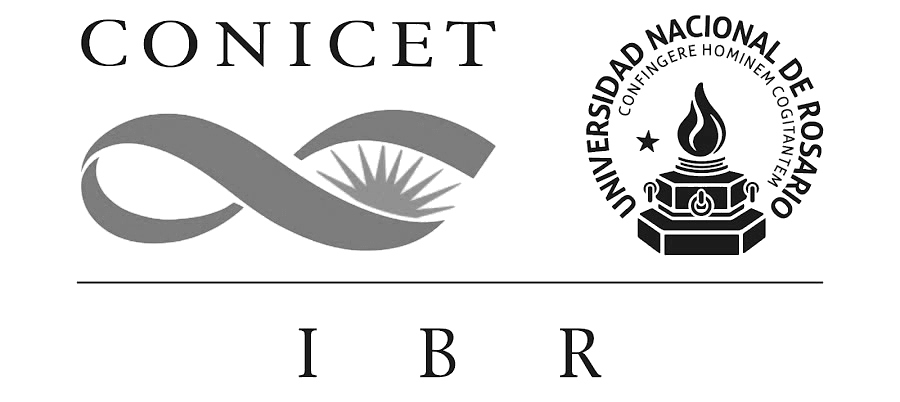Christian Magni is a Biochemist graduated from the Faculty of Biochemical and Pharmaceutical Sciences (FBioyF-UNR) of the University of Rosario; he completed his PhD at the Institute of Molecular and Cellular Biology of Rosario (IBR) of the same Faculty, under the direction of Dr. Diego de Mendoza. He completed training stays at the Centro de Investigaciones Biológicas (CIB-CSIC) Madrid, Spain and Groningen Biomolecular Sciences and Biotechnology Institute (GBB) Universities of Groningen, The Netherlands. He is currently Principal Investigator of CONICET, and head of the Group of Physiology and Genetics of Lactic Bacteria. He is Professor of Biotechnology at FBioyF-UNR. His group studies basic and applied aspects of the use of lactic acid bacteria in industry. On the one hand the contribution of different lactic acid bacteria to the final quality of food, developing methodologies for the identification of microorganisms and metabolic pathways directly involved in the formation of aroma compounds and stress resistance and on the other hand the use of these microorganisms in the production of compounds of interest to health as biopharmaceuticals or vaccines. During his scientific career, he has collaborated with the institutes mentioned above and, in addition, with Micalis Institute (CNRS, Thiverval-Grignon, France), University of Caen-Normandie (France) and University of Gottingen (Germany). For his work he has been distinguished with the Sanofi-conicet Award (2013) and Chair of excellence 2017 University of Caen, among others.
Our TEAM
Mini Bio
Sede CCT Rosario
Ocampo y Esmeralda, Predio CONICET-Rosario
2000 Rosario, Santa Fe, Argentina
Tel. 54-341-4237070 / 4237500 / 4237200
Sede Facultad de Ciencias Bioquímicas y Farmacéuticas
Universidad Nacional de Rosario - Suipacha 531
2000 Rosario, Santa Fe, Argentina
Tel. +54 341 4350596 / 4350661 / 4351235
🔬 El IBR suma 9 proyectos seleccionados en Investigación Orientada 2025 de @ProduccionSF y @CienciaSantaFe.
Biotecnología, salud y sostenibilidad para fortalecer el vínculo entre ciencia, innovación y desarrollo territorial.
© 2026 IBR. Created for free using WordPress and
Colibri


